November 14, 2024 | 13:59 GMT +7
November 14, 2024 | 13:59 GMT +7
Hotline: 0913.378.918
November 14, 2024 | 13:59 GMT +7
Hotline: 0913.378.918
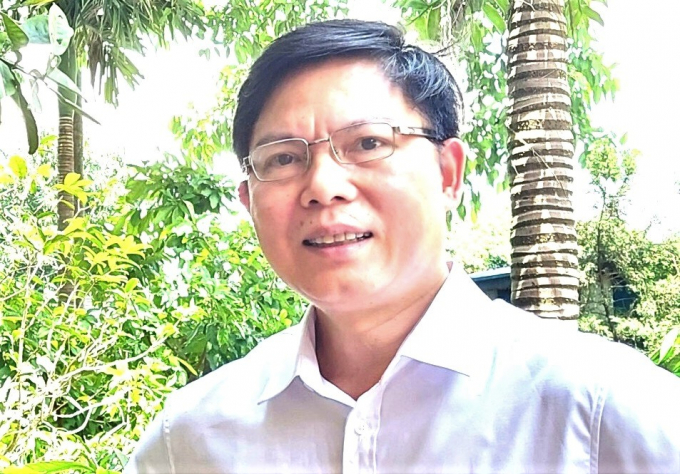
Dr. Pham Van Dien, Deputy Director General of the Vietnam Administration of Forestry (VnForest) - Ministry of Agriculture and Rural Development (MARD)
As the series of articles on forest carbon with initial evocative information related to this relatively new economic field in Vietnam is coming to an end, the Vietnam Agriculture Newspaper had had a conversation with Dr. Pham Van Dien, Deputy Director-General of the Administration of Forestry (MARD).
A lot of countries have currently applied or are planning to apply a carbon pricing tool, so how do you assess the potential of Vietnam’s forest-carbon market, sir?
Vietnam's forest-carbon market holds great potential because we have long been paying attention to and under preparation for a carbon valuation. Vietnam has a strong commitment to the international community regarding climate resilience and has achieved good results in forest protection and development activities compared to the reference period (1995 - 2010).
The implementation of the Law on Environmental Protection (effective from January 1st, 2022) will accelerate the carbon valuation process in the domestic market. The Law on Forestry (effective from January 1st, 2019) also stipulates that carbon absorption and storage are a type of forest environment service commercializable in the domestic and international markets.
The report on the Nationally Determined Contribution to the UNFCCC Secretariat (September 11th, 2020) has demonstrated Vietnam's high determination to respond to climate change. The Prime Minister of Vietnam has made an even stronger commitment at the recent COP26: bringing net emissions reduction volume to zero by 2050.
Fulfilling this commitment will stimulate the carbon market to flourish. The carbon market’s mission is to "balance", "exchange", and "offset" the volume of emissions reductions and carbon absorptions between sectors, sub-sectors, localities, and countries, thereby achieving the macro and overall goal of ensuring balance and neutralization of net emissions.
Vietnam has in fact completed the four pillars of REDD+ and is ready to participate in the forest-carbon market. Vietnam has signed an agreement on emission reduction payment with the World Bank, earning USD 51.5 million for the North Central region, and recently a Letter of Intent with Emergent organization under the LEAF initiative with the initial payment of USD 51.5 million for the South Central region and the Central Highlands.
Vietnam has also completed a REDD+ report, requesting the Green Climate Fund (GCF) to finance at least USD 50 million for the 2014 results in some mountainous and midland provinces. Forest-carbon trade can reach over VND 2,000 billion/year in the next period.
With Vietnam’s forest coverage rate of over 40% at present, how will participating in the carbon market contribute to the forest protection and development process as well as creating livelihoods for the people?
In the forestry sector, the forest-carbon market can be seen as a meeting point between the perspectives of conservation and development, economy and ecology, emission and absorption, renewable resource management and fossil fuels usage. Protecting and developing forests to acquire "carbon goods" for sale is also a way to improve people's livelihoods.
Forest-carbon credits can only be created when forests are improved and more abundant, not reduced in area or degraded in quality. The carbon market is an opportunity to turn these results into a source of income for forest owners and communities, thereby creating an economic impetus for forest development.
Both forest quality and people's living standards will increase thanks to this process. This is the resonance and interaction we have long been waiting for.
There is an opinion saying that Vietnam is lacking many regulations at the moment, resulting in a delay in the process of carbon credits trading. What do you think about this opinion?
Carbon trade in general and forest-carbon credits trade in particular is a new concept. There are still many challenges in turning these ideas into reality.
It can be seen that both the world and Vietnam seem to be in the "pilot" phase. It is necessary due to the lack of a complete legal framework and practical experience. In trading, not only the price but the establishment of legal provisions and transfer methods for property rights also need to be considered.
Regulations on carbon rights, carbon rights transfer systems and emission reduction certificates are not yet complete at present. There are additional issues concerning limited technical capacity, lack of investment resources for forest survey and supervision to make the monitoring, reporting and verification (MRV) report, particularly the extraction of data from the forest-carbon absorption results.
In order to accelerate the forest-carbon commercialization process and bring benefits to forest owners as soon as possible, we have given proposals to first apply the pilot action solution along with recommendations to improve a number of legal regulations. I hope that forest-carbon trade will achieve positive results in the near future.
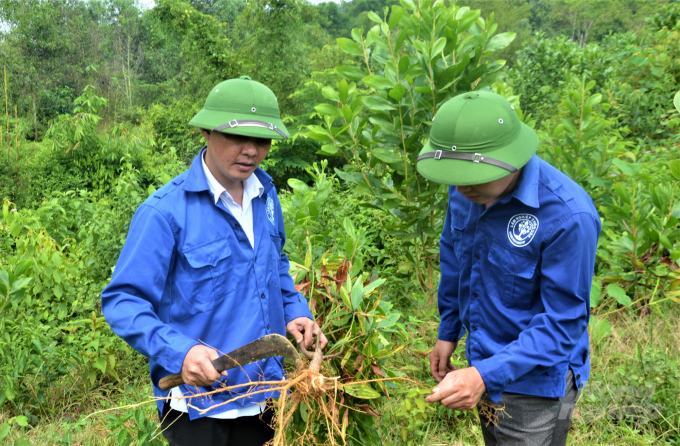
Vietnam has in fact completed four pillars of REDD+ and is ready to participate in the forest carbon market.
From the perspective of the forestry sector, in your opinion, what policies should Vietnam have to make full use of the carbon market’s potential in the future?
To the forestry sector, developing the forest-carbon market means developing the forest-carbon absorption and storage service (in accordance with Clause 3, Article 61 of the Law on Forestry).
We have come to a realization that maintaining net-zero emissions reductions by 2050 does not mean zero emission of any particular sector, sub-sector, activity or locality but instead it will be regulated and balanced through carbon pricing mechanism and carbon market.
In order to initiate this idea, we pay attention to three main points:
The first is to add specific regulations to facilitate the development of forest-carbon services, such as regulations on carbon pricing, carbon rights, transfers of emission reduction rights, and financial management of carbon services.
The second is to develop guidelines for carbon credits trade (including forest-carbon under the Law on Environmental Protection 2020) as well as the business management of forest-carbon credits in both the voluntary market and the official market. The inventory, monitoring and reporting of emission reduction results should also be thoroughly carried out.
The third is to review and assess the implementation of the 2016-2020 National REDD+ Action Programme (NRAP) and develop a content framework for the NRAP in the 2021 - 2030 period.
Thank you, sir!
Translated by Samuel Pham
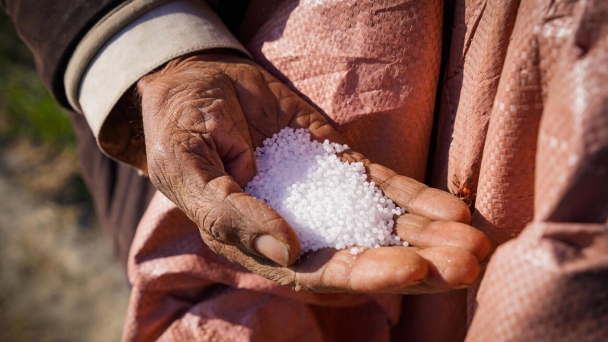
(VAN) The United Nations Global Nitrous Oxide Assessment reveals urgent need for action to mitigate N₂O emissions to prevent catastrophic climate, environmental, and health impacts.

(VAN) Making payments directly to farmers can encourage them to use fertilizer more wisely, thereby improving soil health, yields and the environment.
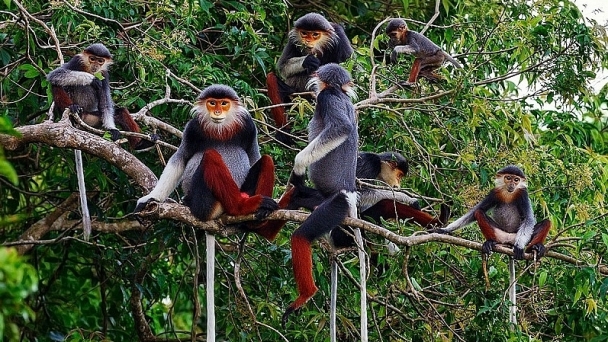
(VAN) On November 8, Deputy Prime Minister Tran Hong Ha signed Decision No. 1352/QĐ-TTg, approving a new establishment of 61 new protected areas.
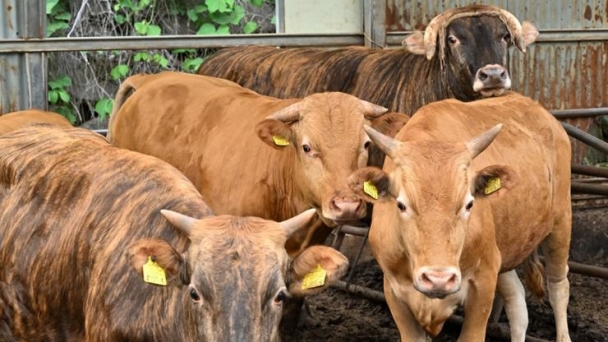
(VAN) Korea plans to cut 1.6 million tons of greenhouse gas emissions each year from 2030 by utilizing cattle feces as a new source of energy, the government said Friday.
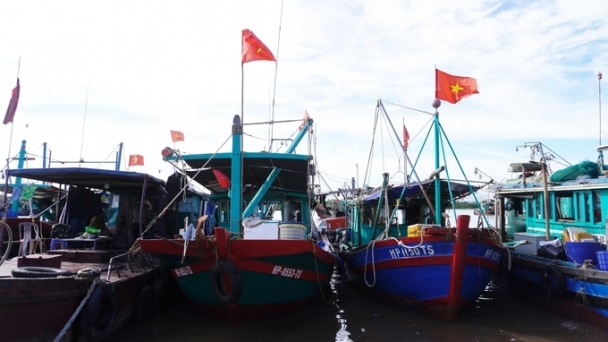
(VAN) This is a directive from the Prime Minister Tran Hong Ha regarding urgent tasks and solutions to combat IUU fishing.
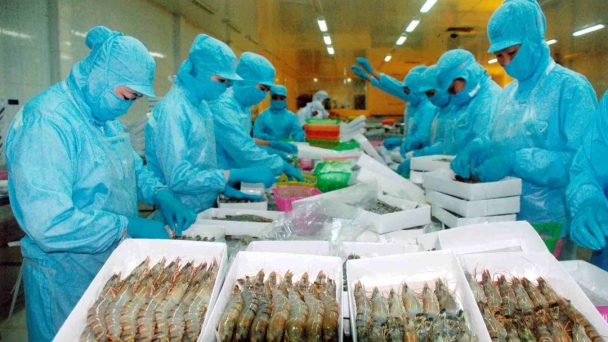
(VAN) The regulation requiring the addition of iodine to salt used in food processing continues to pose challenges for seafood processing enterprises in Vietnam.
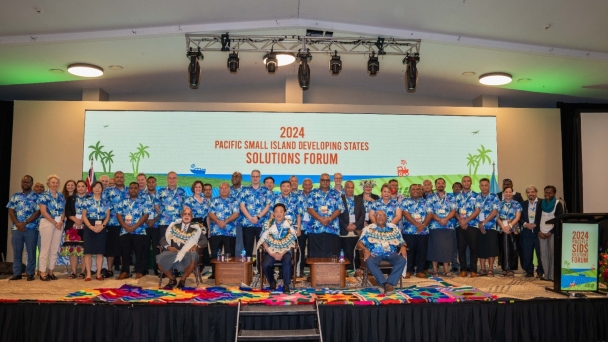
(VAN) Platform co-organized by FAO and the Government of Fiji showcases impact and scalability of innovation in the Pacific.